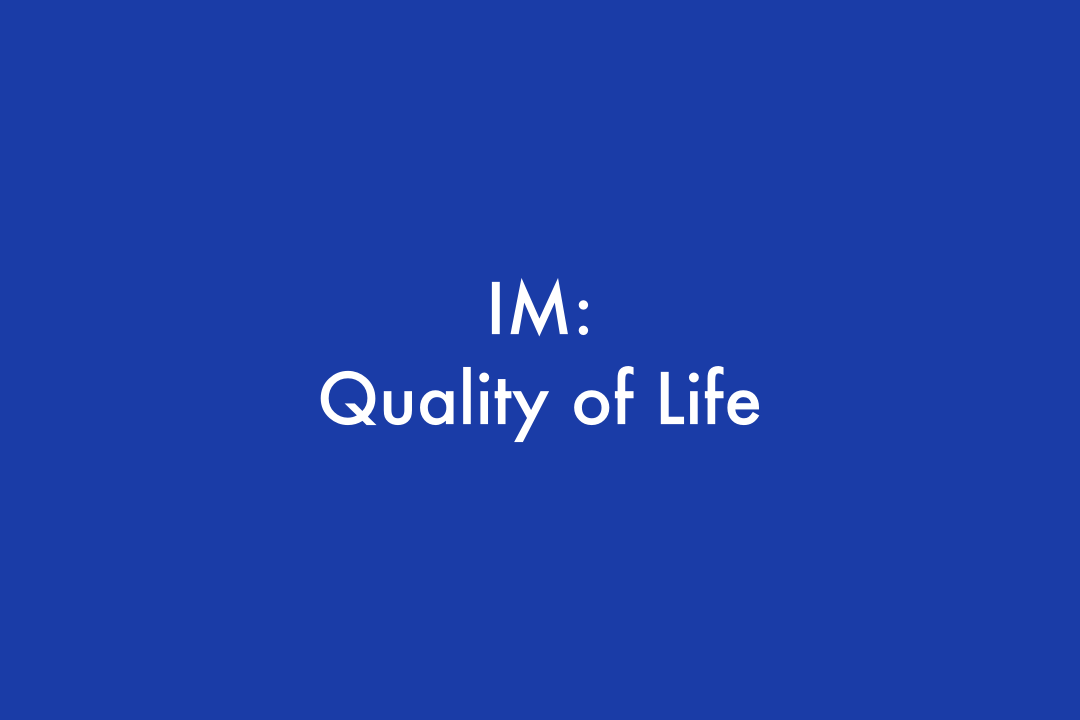
Theme / Topic:
Quality of Life / Urban Healthcare
Authors:
Andi Arus Victor, Ratna Sitompul
This chapter discusses about the effect of vitreous immune system and biomarkers on the progression of proliferative diabetic retinopathy. Immune system and biomarkers have been believed to have an important role in the progression of diabetic retinopathy (DR) severity. Hyperglycemic will influence immune cells resulting in chronic inflammation on the retina. This condition progressively disrupts the blood-retinal barrier in retina causing those inflammatory molecules and immune cells to transfer from circulation.
The transfer of these molecules plays an important part in the progression of proliferative diabetic retinopathy. In addition, biomarkers are indicators for some complex processes happened in our body, and are measured to determine diagnosis and prognosis of some treatment. There are several biomarkers that have been identified in DR patients including biomarkers of oxidative stress, hypoxia-inducible factors, angiogenic factors, proinflammatory cytokines, chemokines, cell adhesion molecules, and soluble CD200. The value of these biomarkers will tell us their possible role in the progression of DR. By improving the knowledge of molecular pathway in DR pathophysiology, the advancement of selective therapy approaches could be discovered and the management of DR could be more efficient.
Published on IntechOpen
Click here to view details.
